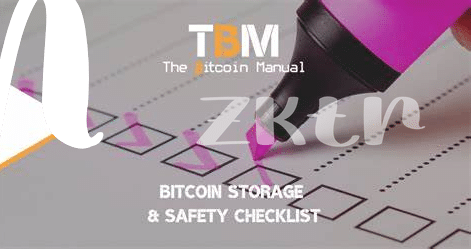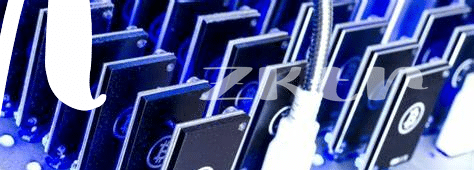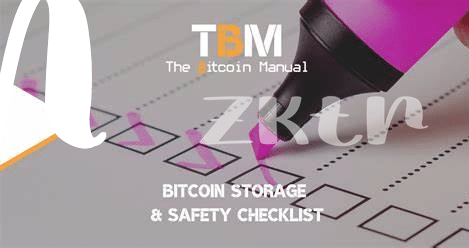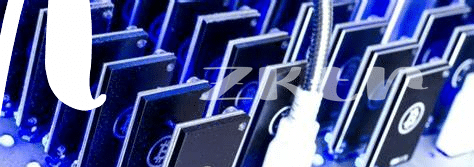Understanding the Importance of Secure Wallet Backups 💻

Understanding the importance of secure wallet backups is a fundamental aspect of managing your Bitcoin assets. Safeguarding your funds through reliable backup practices ensures protection against potential data loss or security breaches. By recognizing the significance of securely backing up your wallet, you are taking a proactive step in securing your digital assets for the long term. Implementing robust backup solutions is not only a precautionary measure but also a crucial element in maintaining the integrity and accessibility of your Bitcoin holdings.
| Secure Wallet Backups | Importance |
|---|---|
| Regular Backups | Protects against data loss |
| Encrypted Storage | Enhances security |
| Backup Testing | Ensures recovery readiness |
Choosing the Right Backup Options for Your Wallet 🛡️
When it comes to safeguarding your Bitcoin wallet, selecting the appropriate backup options is paramount. Considering the various methods available, it’s essential to opt for a secure and reliable solution that aligns with your needs. Whether you choose hardware wallets, paper wallets, or digital backups, each option comes with its pros and cons. Hardware wallets offer enhanced security but can be susceptible to physical damage. On the other hand, paper wallets provide an offline storage solution, reducing online vulnerability. Digital backups, while convenient, require robust encryption to prevent unauthorized access. Assessing your risk tolerance and storage preferences will help determine the most suitable backup option for your Bitcoin wallet. Remember, the goal is to strike a balance between accessibility and security to ensure the protection of your digital assets.
Creating Redundant Copies to Safeguard Your Funds 🗂️

Creating redundant copies of your Bitcoin wallet backups is essential in ensuring the safety of your funds. By having multiple copies stored in different locations, you significantly reduce the risk of losing access to your wallet in case of unforeseen events like hardware failures or data corruption. This practice adds a layer of security and peace of mind, knowing that even if one copy is compromised, you have backups readily available to restore your wallet and access your funds. It’s recommended to keep these redundant copies in separate physical or digital locations to minimize the chances of all copies being affected simultaneously. This strategy also provides an added level of protection against potential cybersecurity threats or theft attempts, giving you added control over your financial assets.
By adopting the habit of creating redundant wallet backups, you establish a proactive approach to safeguarding your cryptocurrency investments. It’s important to regularly update these copies to reflect any changes in your wallet and to verify their integrity through periodic testing. This ongoing maintenance ensures that your backups remain current and functional, ready to be utilized whenever needed. Additionally, incorporating encryption and password protection for each backup copy enhances the overall security measures, making it harder for unauthorized individuals to access your sensitive wallet information. Investing time in creating redundant copies and implementing these protective measures is a valuable step towards securing your Bitcoin holdings for the long term.
Encrypting and Password Protecting Your Backup Files 🔒

When it comes to safeguarding your cryptocurrency assets, encrypting and password-protecting your backup files is crucial. By adding an extra layer of security to your wallet backups, you can prevent unauthorized access and ensure that your funds remain safe from potential threats. Implementing robust encryption techniques and using strong passwords can significantly enhance the security of your backup files. It’s essential to choose complex passwords and regularly update them to stay ahead of cyber threats. By following best practices for encrypting and password protecting your backup files, you can minimize the risk of unauthorized access and protect your Bitcoin holdings effectively. Additionally, staying informed about the latest safety standards for Bitcoin storage devices, such as those in Morocco, can further enhance the security of your digital assets (source: safety standards for bitcoin storage devices in Morocco).
Regularly Updating and Testing Your Backup Procedures 🔄
Regularly Updating and Testing Your Backup Procedures is crucial to ensure the security and accessibility of your Bitcoin wallet. By staying proactive and regularly conducting updates and testing, you can stay ahead of any potential issues or data loss. Make it a habit to schedule regular backups and test their functionality to verify that your information is safely stored and retrievable when needed. Additionally, staying updated with the latest backup practices and technologies can further enhance the protection of your funds. Take the time to review and refine your backup procedures periodically to adapt to any changes in the cryptocurrency landscape. Testing your backup processes can give you peace of mind knowing that your wallet data is secure and recoverable in any scenario.
| Backup Procedures Update Date | Last Backup Test Date | Next Scheduled Test |
|—————————–|———————-|——————-|
| Jan 1, 2022 | Feb 15, 2022 | Mar 30, 2022 |
Safe Storage and Disaster Recovery Strategies for Wallet Backups 🏦

When it comes to the safe storage and disaster recovery strategies for wallet backups, it is crucial to consider multiple layers of protection to ensure the security of your valuable Bitcoin assets. Implementing a combination of offline storage solutions, such as hardware wallets or paper backups stored in secure locations, can significantly reduce the risk of unauthorized access or loss. In addition, having redundant copies of your backups in different physical locations provides an extra level of protection against unexpected events like natural disasters or theft. Regularly updating and testing these backup procedures is essential to ensure they are up-to-date and functioning correctly. For further guidance on safety standards for bitcoin storage devices, you may refer to the safety standards for bitcoin storage devices in Moldova.
